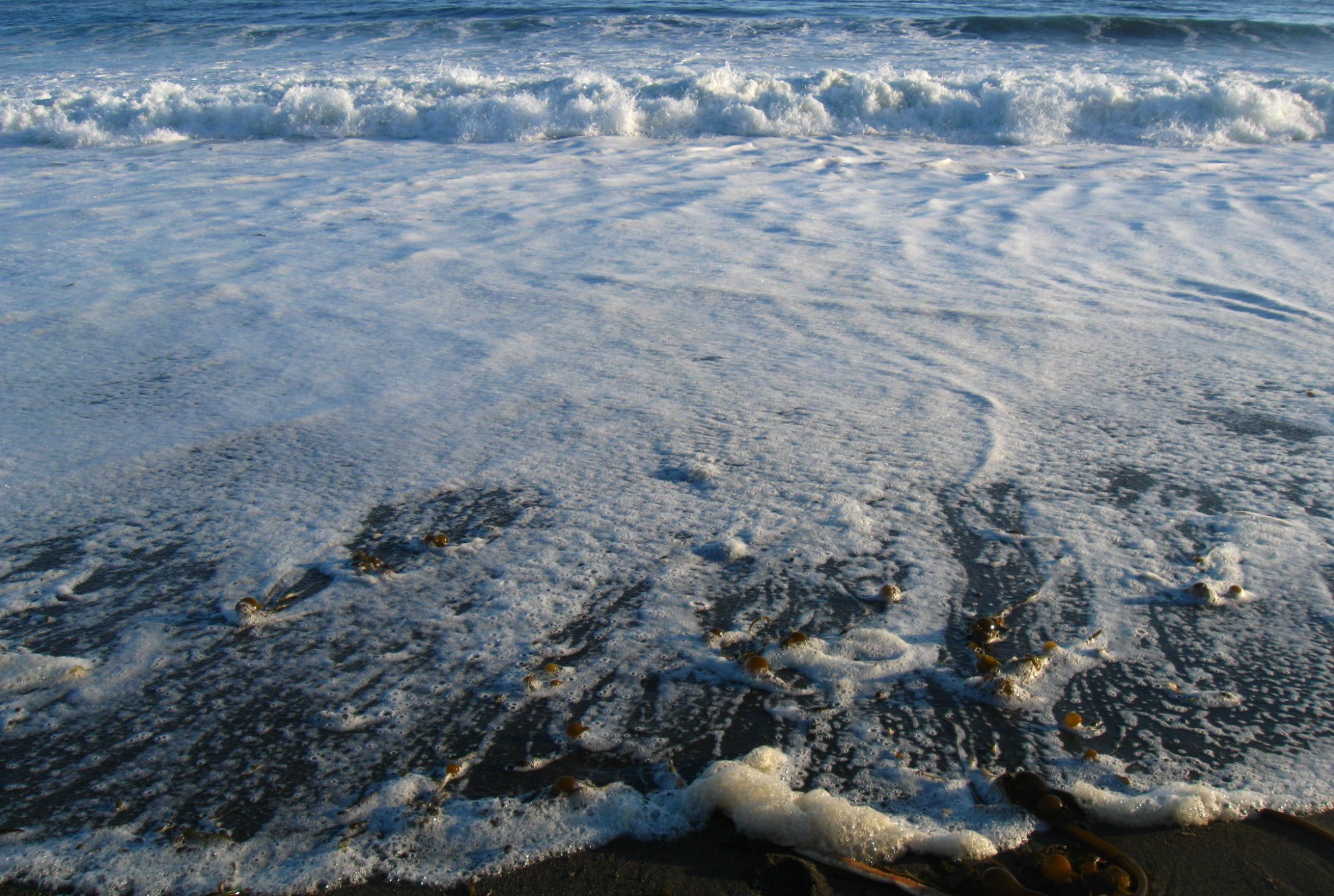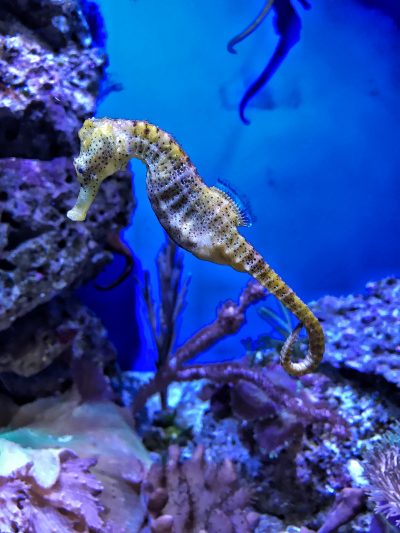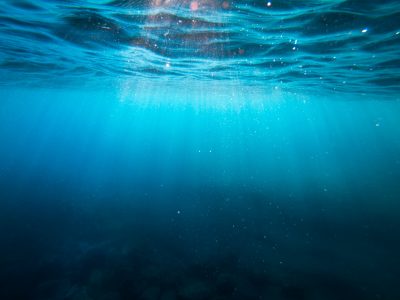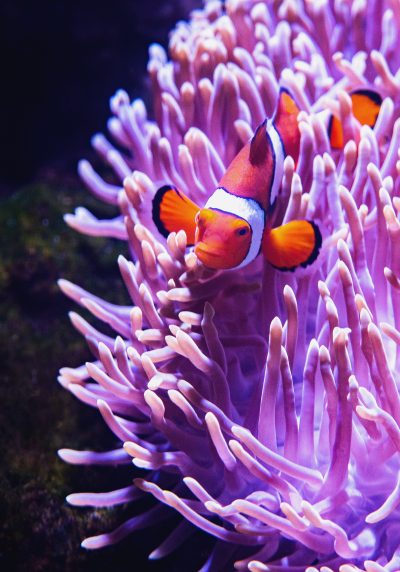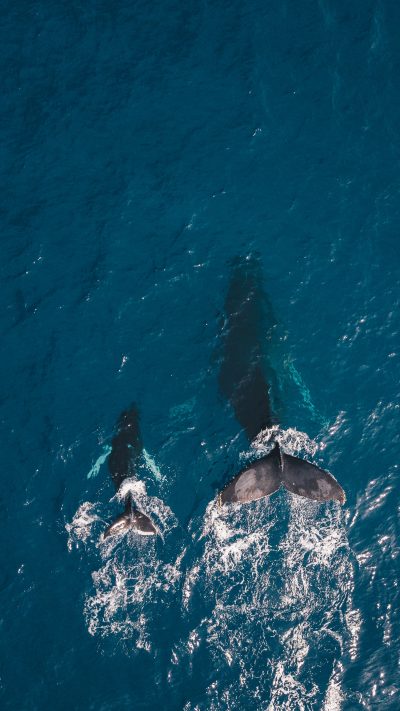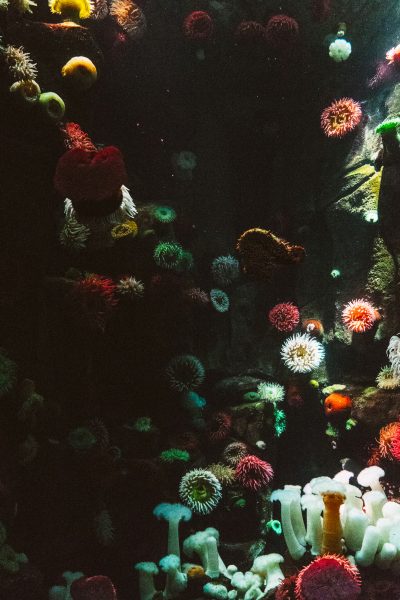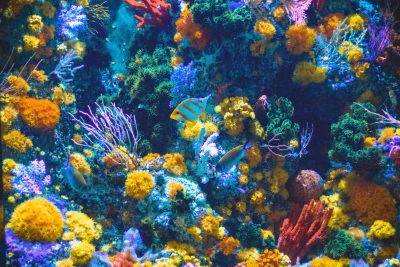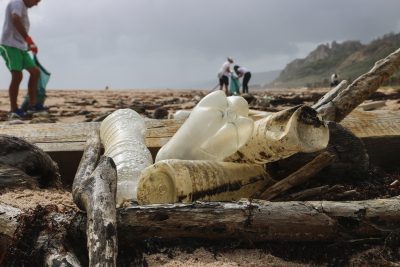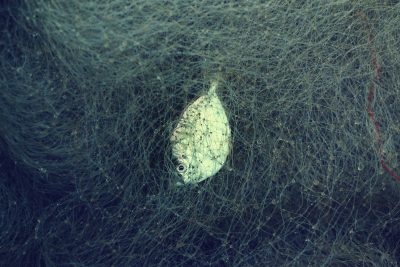The ocean is amazing.
…and the ocean is also in trouble. Plastic pollution, overfishing, climate change — where can we even begin to start with keeping our oceans healthy?
The Vancouver Aquarium offers many programs to help people of all ages and from all localities get involved in helping the oceans!
ABOUT
The Vancouver Aquarium is located in beautiful Stanley Park, Vancouver, BC, and has been part of the Vancouver scene since 1951 [1]. It is an OceanWise initiative, and aims to “ inspire the global community to become Ocean Wise by increasing its understanding, wonder and appreciation for our oceans” [2]. Part of achieving this mission is reaching out — inspiring people through experiential education for people of all ages and localities. Education outreach programs have been central to the Vancouver Aquarium for over 20 years! [3]
“Educating young and curious minds is the key to ocean conservation.”
Mobile Programs
Several programs work to give anyone across the country access to the same hands-on experiential learning offered at the aquarium. Programs include the AquaVan, an actual van that drives all over Canada to give hundreds of participants at a time the chance to learn about cool ocean life and how important it is to keep the oceans healthy.
Online Programs
The Ocean Literacy Course among other online learning programs allow people from all over the world to appreciate the wondrous ocean and learn through the Vancouver Aquarium about what they can do everyday to keep it healthy.
IMPACTS
Hundreds of thousands of participants have spent at least one hour learning about how to make a positive impact on the ocean and the organisms that live in the ocean [2]. But did those hours of class time actually make a change for people or the oceans? It is hard to say given what we know. Currently, we only have how many people have participated in these education programs and how many hours have been spent learning as a way to measure actual change in ocean conservation. While these numbers are immense and represent a huge potential for real-world change, they aren’t the most useful when trying to calculate an exact impact.
We also have stories from Laura Van Doormaal and Catriona Wilson, who work at the Vancouver Aquarium Education department, about current volunteers who have been to at least one of these education programs and who were inspired by what they learned at the Vancouver Aquarium to work with the ocean when they were a bit older [3, 4]. This is another source of potential impact on ocean health and conservation, but these stories are hard to quantify and have not yet been studied, and so don’t count toward a measurable conservation success–but it does mean the Vancouver Aquarium is inspiring change for some people, which is incredible!
THE FUTURE
Because so many programs are run and so many teachers and other staff are involved with each unique session, different programs might focus on different topics or discuss different issues. To ensure all their programs are contributing to their goal of creating healthier oceans, the Vancouver Aquarium could centralize and standardize their curricula across all programs. Consistency is key to inducing behavioral change in the name of conservation, after all [5].
Measuring conservation impact requires lots of money, time, and effort. The Vancouver Aquarium could consider implementing post-program surveys for participants to complete a day after the program, a month after the program, and maybe even years after the program. This way, the aquarium can investigate more about how people take what they learn in their programs and turn it into real-world action.
WHAT CAN YOU DO?
Educate yourself! Learn what you as an individual can do to support the ocean and the life it supports.
This post was a collaboration project between Elizabeth A. Smith and Kaylie D. Higgs and is a publicly accessible summary of our findings of conservation success at the Vancouver Aquarium for a term paper written for UBC BIOL 420. Further questions can be directed to the blog administrator.
